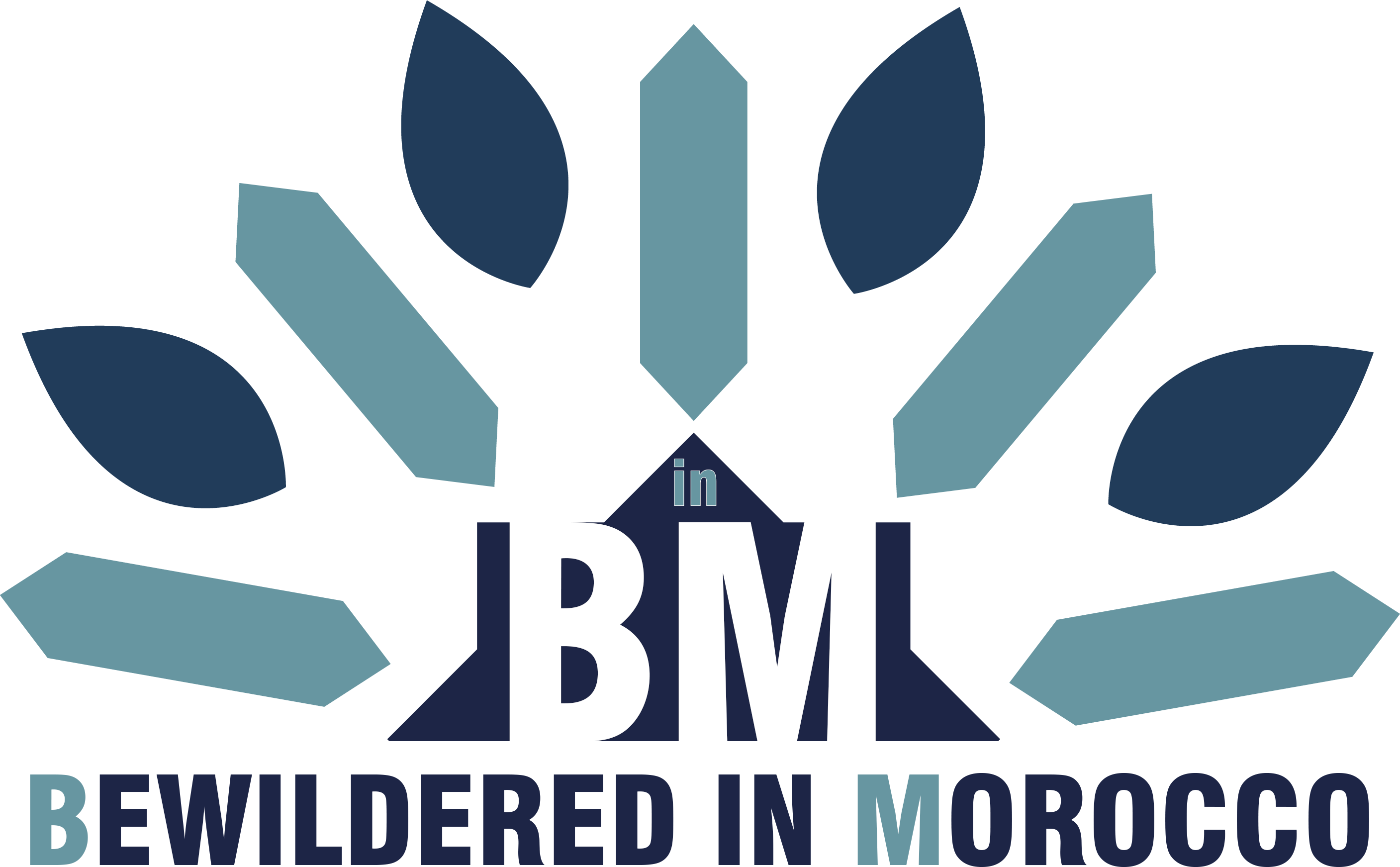Morocco is known all over the world for its spectacular landscapes, wild beaches, rich culture, and most importantly, safety and stability. That’s why it has become one of the top destinations in Africa for expatriates from the United States and the European Union. Many American expats in Morocco have even applied for residency or even citizenship.
What is an expat
All United States citizens and residents (Green Card holders) are required to file a federal tax return, even if they are living or working abroad. If you’ve taken up residence in Morocco, it helps to understand both the Moroccan and American tax systems.
How US taxes work
You need to report and pay federal taxes on income over $10,000 (or $400 if you’re self-employed) using Form 1040, also known as the U.S. Individual Income Tax Return. Americans abroad are automatically granted a filing extension until June 15th, and you can request a second extension until October 15th.
If you have foreign financial assets (e.g. rental properties, financial instruments, government bonds) worth over $200,000, you also need to declare them using Form 8938, or Statement of Specified Foreign Financial Assets. Don’t forget that your primary residence owned in your name is excluded from this form.
You need to file an FBAR, or a Report of Foreign Bank and Financial Accounts, if you own foreign mutual funds, bank accounts, and brokerage accounts with a combined worth of over $10,000.
How Moroccan taxes work
Expats in Morocco are considered a resident if they permanently reside in the country, if they engage in significant economic activities (e.g. work with a Moroccan company or own a Morocco-based business), or if they stay in the country for more than 183 days within a 12-month period.
Just like in the United States, the Moroccan income tax rate is progressive, with 5 tax brackets ranging from 10% to 38%. For residents employed by a Moroccan company, the income tax is deducted from their salary. High-income businesses and individuals also pay a social solidarity contribution tax.
All residents, regardless of nationality, need to pay income tax on their worldwide income, including investment income, property income, allowances, and pensions and annuities. Non-resident expats living in Morocco are only taxed on income from sources within the country.
Residents who choose to retire in Morocco are entitled to an 80% discount on their tax liability, conditional on the conversion of their money to a local bank and local currency.
If you started a business in Morocco, you are also subject to Moroccan corporate tax. The tax rate depends on the income, ranging from 10% to 31%.
Tax exemptions for expats in Morocco
If you pay income tax in Morocco, you can take advantage of several exemptions to reduce or even eliminate your U.S. tax liability on the same taxable income.
The Foreign Earned Income Exclusion allows you to exclude up to $108,700 (the figure is adjusted annually for inflation) of foreign-earned income from U.S. federal tax if you are based in Morocco. You can also take a Foreign Tax Credit for Moroccan income taxes imposed on the same income. Expat taxpayers can claim an equivalent value in tax credit for every dollar of income tax paid to Morocco. Best of all, you can combine tax exemptions to reduce your tax liability.
The U.S.-Morocco tax treaty allows for improved tax transparency and information sharing between the two countries. The Internal Revenue Service and the General Tax Directorate in Morocco routinely exchange information regarding expats and resident taxpayers. Moroccan banks also share account information for American account holders.
It’s important to fill out your federal tax returns as accurately as possible. The IRS can access your Moroccan financial information, and incorrect or incomplete information can lead to fines and penalties.
I didn’t know I had to file a tax return
If you’re a U.S. citizen or resident living in Morocco, and haven’t filed a U.S. federal tax return, you can use the Streamlined Foreign Offshore Procedures program to report Morocco-earned income and pay taxes without any penalties.
How to file expat taxes in Morocco
The tax situation can be complicated if you live in Morocco, and you may incur fines and penalties if you accidentally omit information on your return or miss a key deadline. If you have any questions about your taxes as an American living in Morocco, you might want to contact a tax expert.
At TFX (Taxes for Expats), we have been preparing U.S. tax returns for Americans living abroad for over 25 years. With our team of specialists, you will never have to worry about mistakes on your tax return.

Written by:
Veronica Rhodes from TFX
TFX is a women-owned tax firm that offers all U.S. tax services — for both American citizens and non-citizens with U.S. tax filing requirements. From straightforward expat tax preparation to complex cases involving multiple factors — we’ve handled it all for over 25 years.
